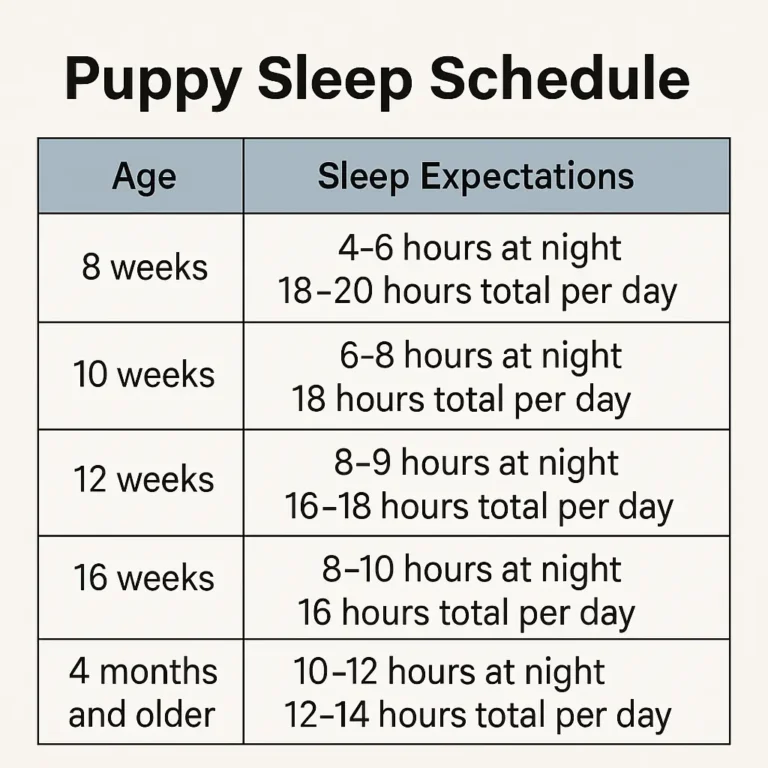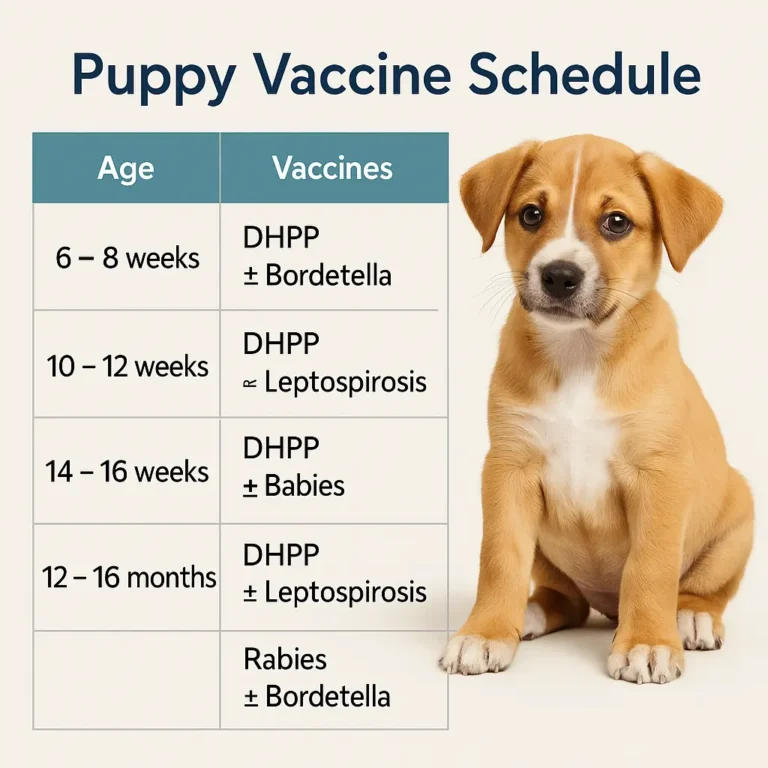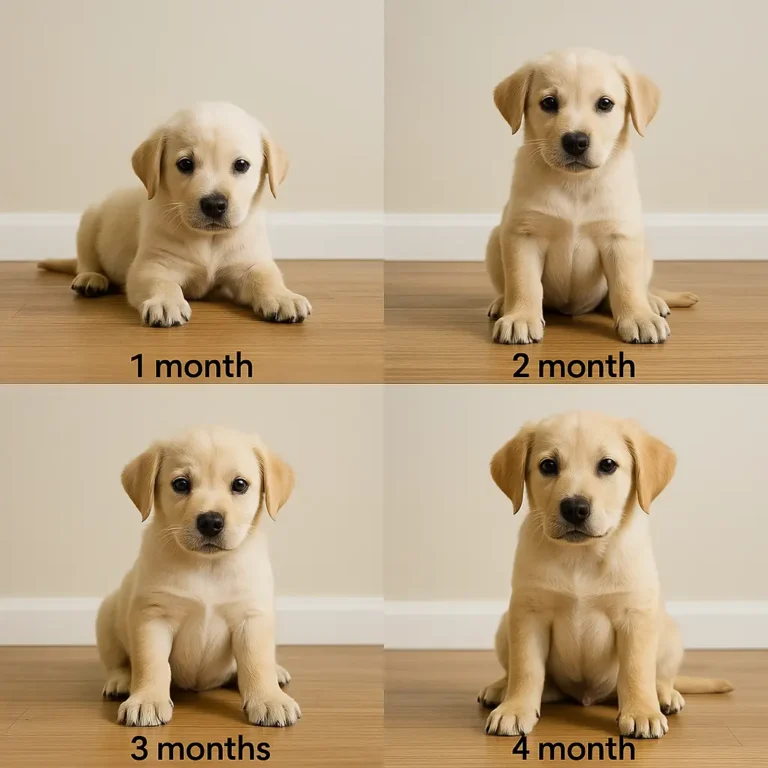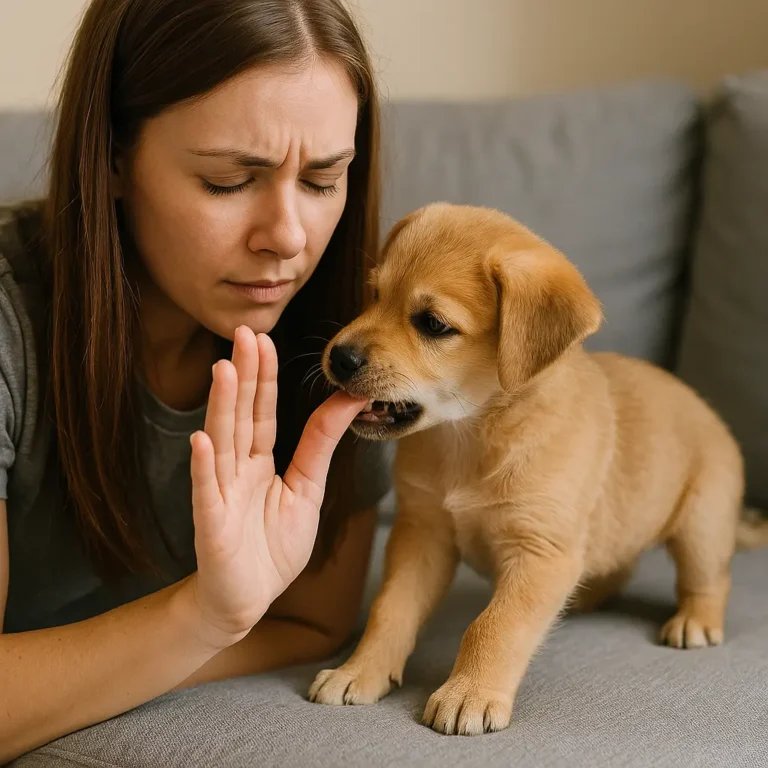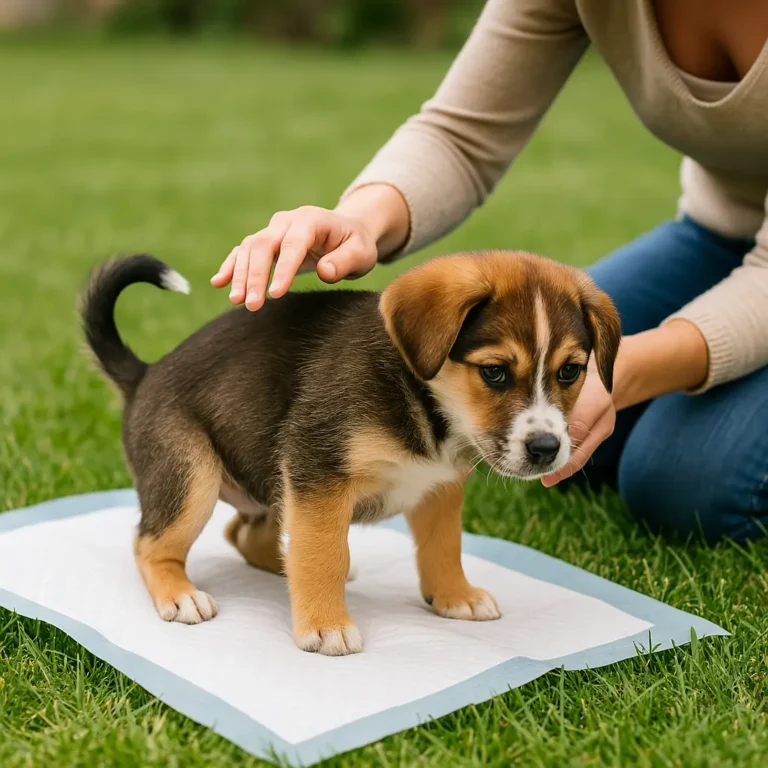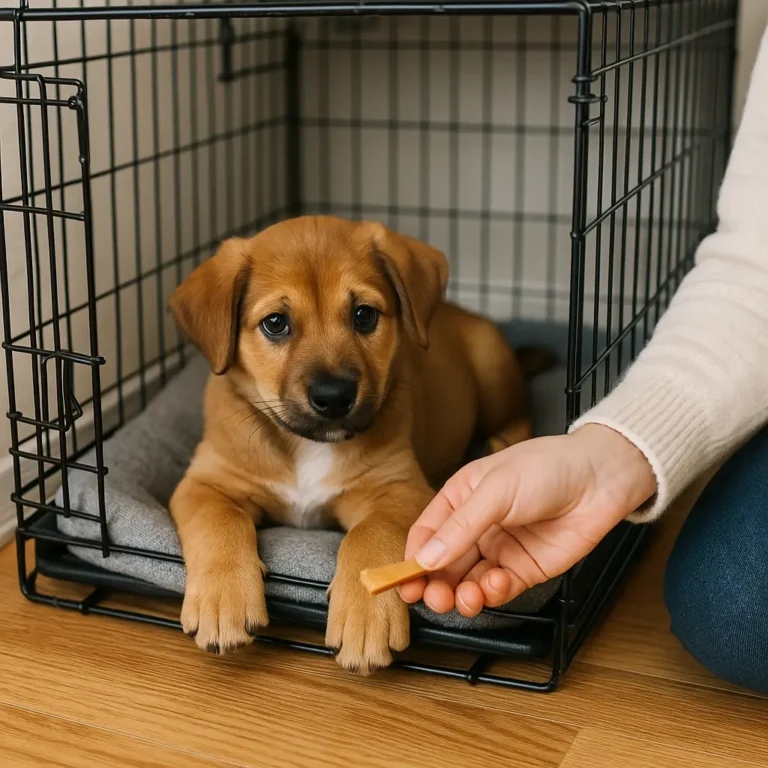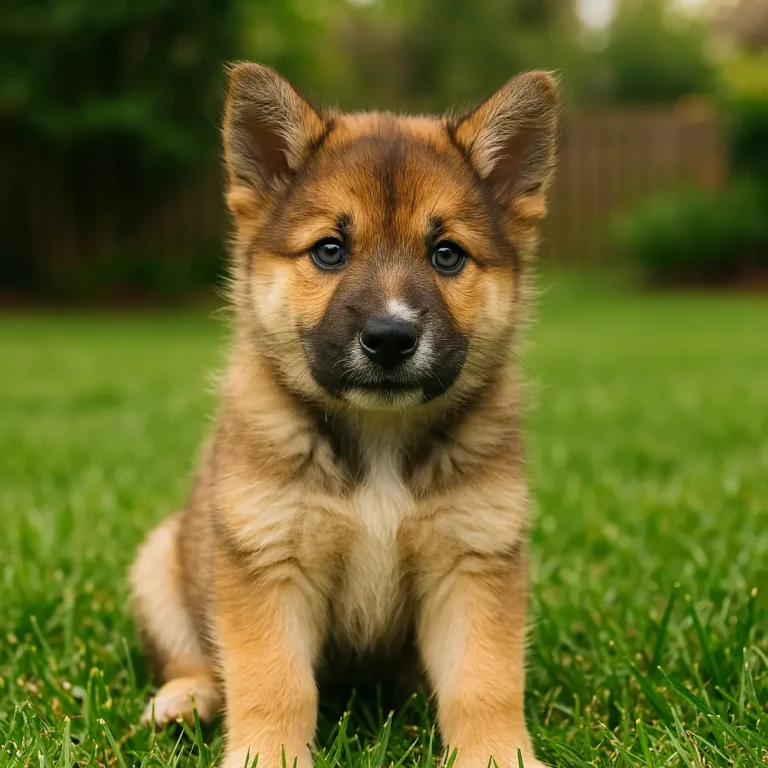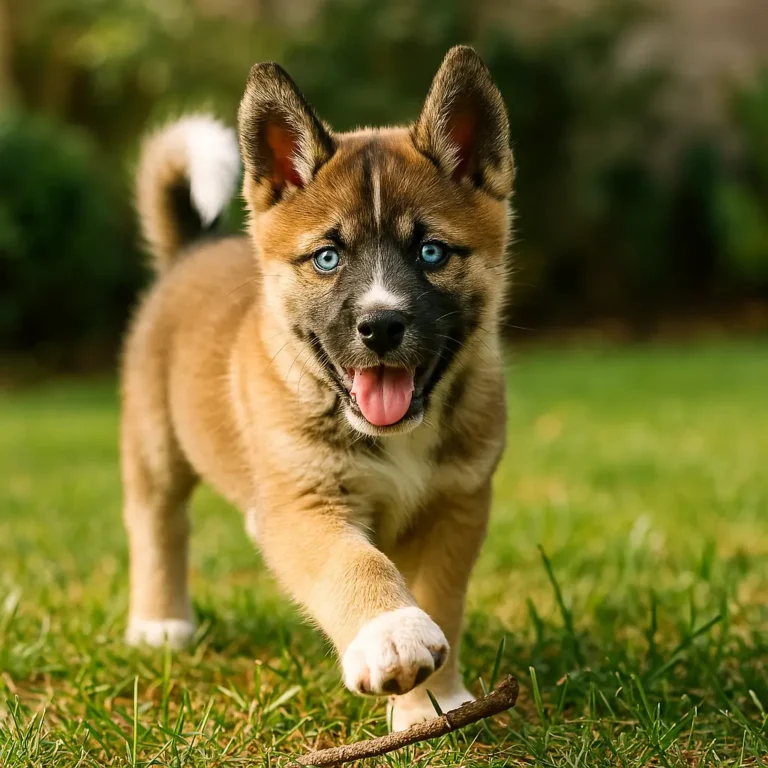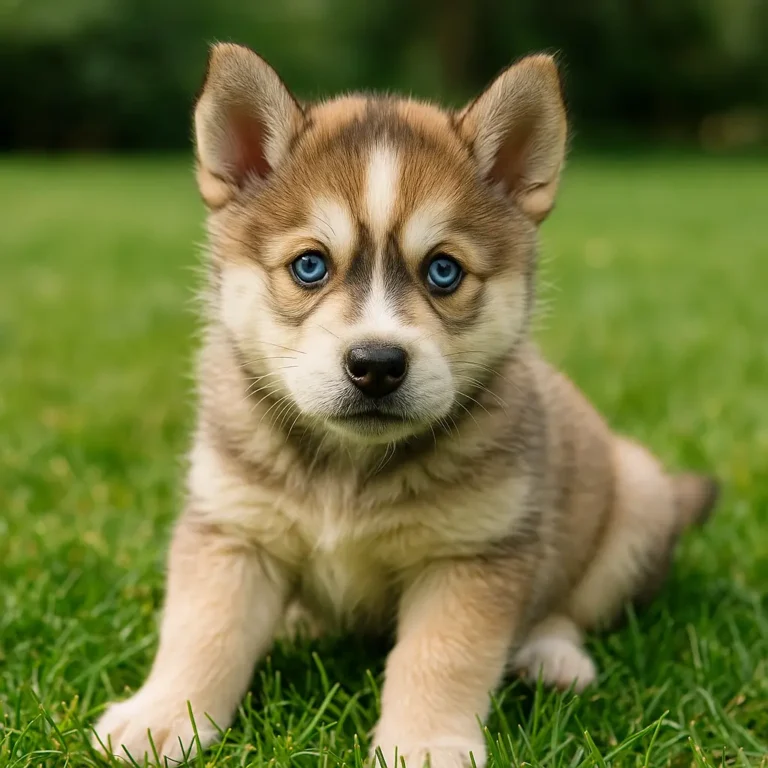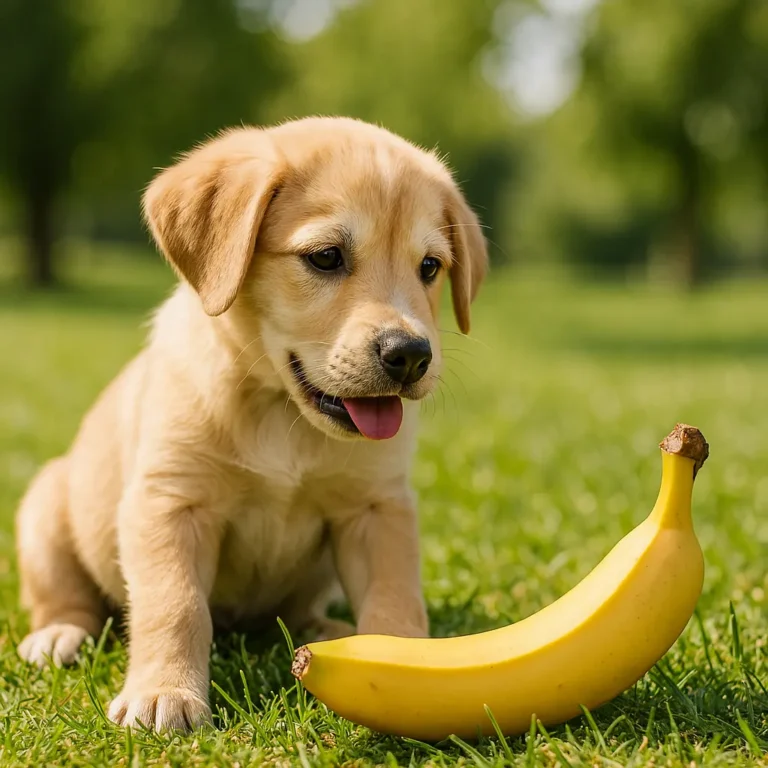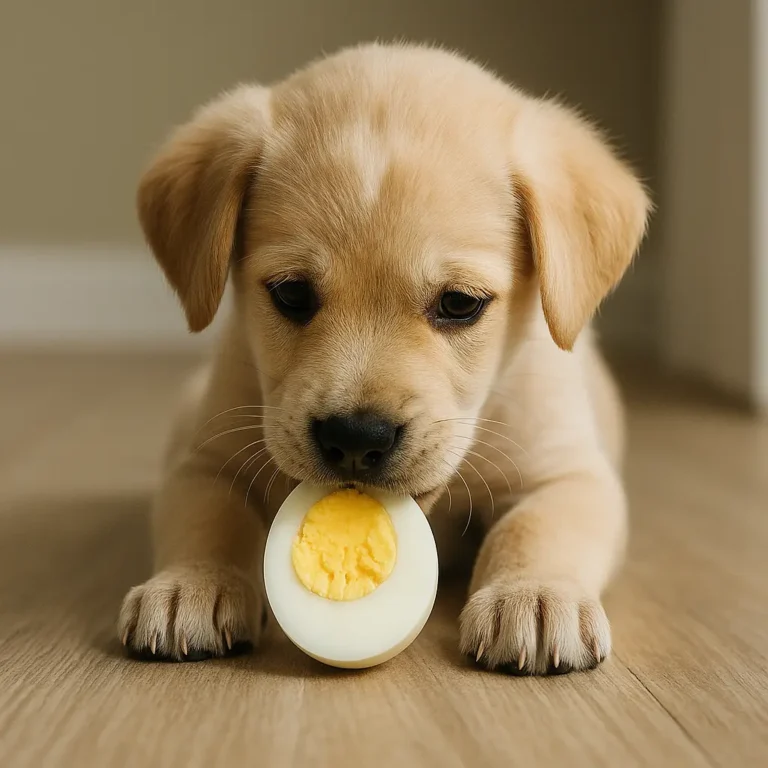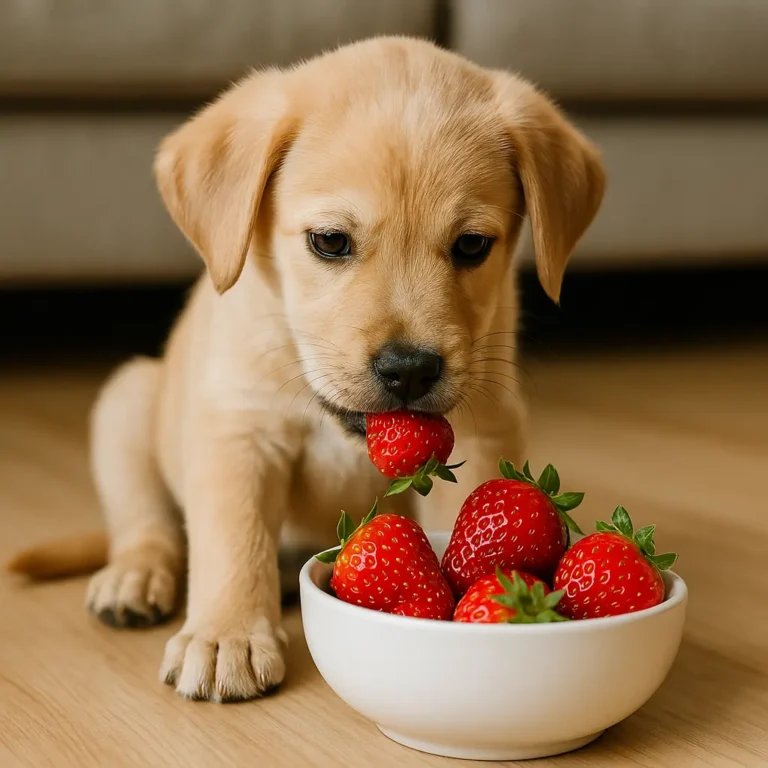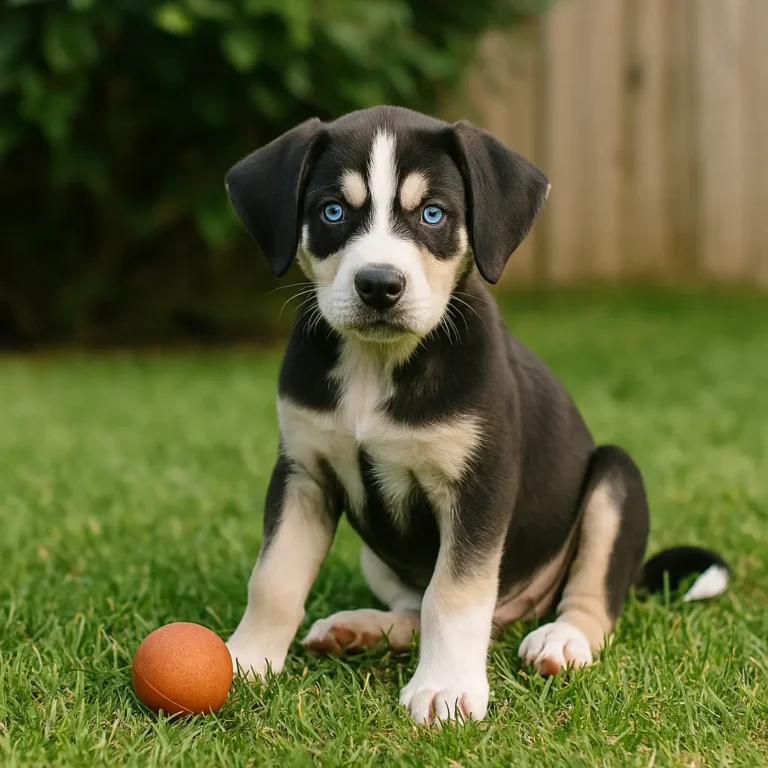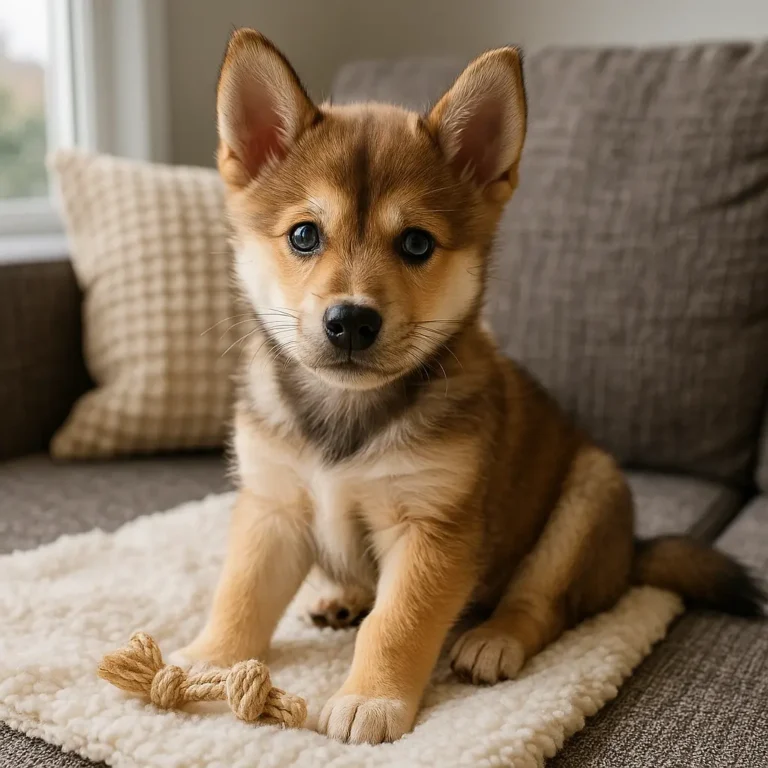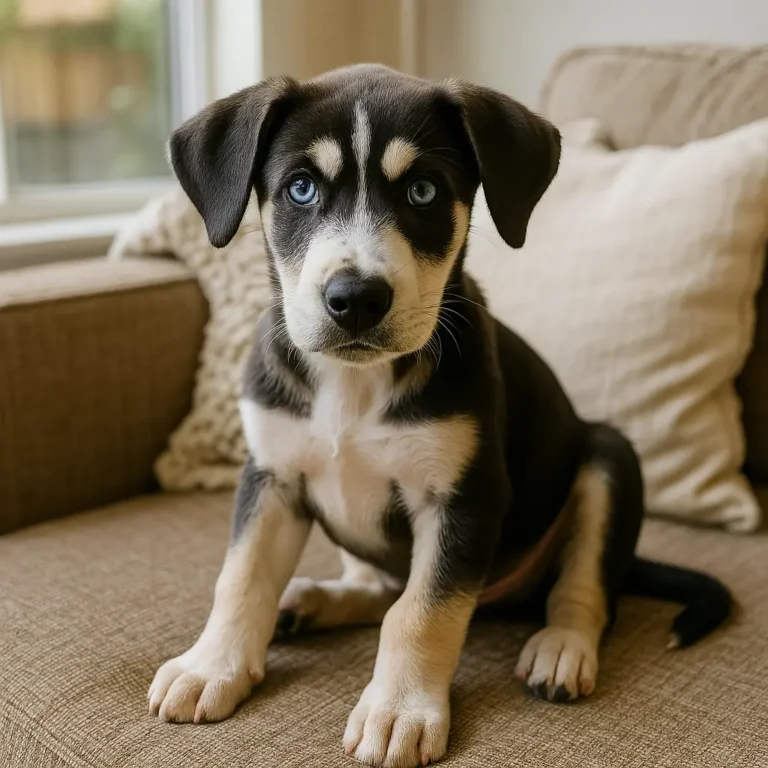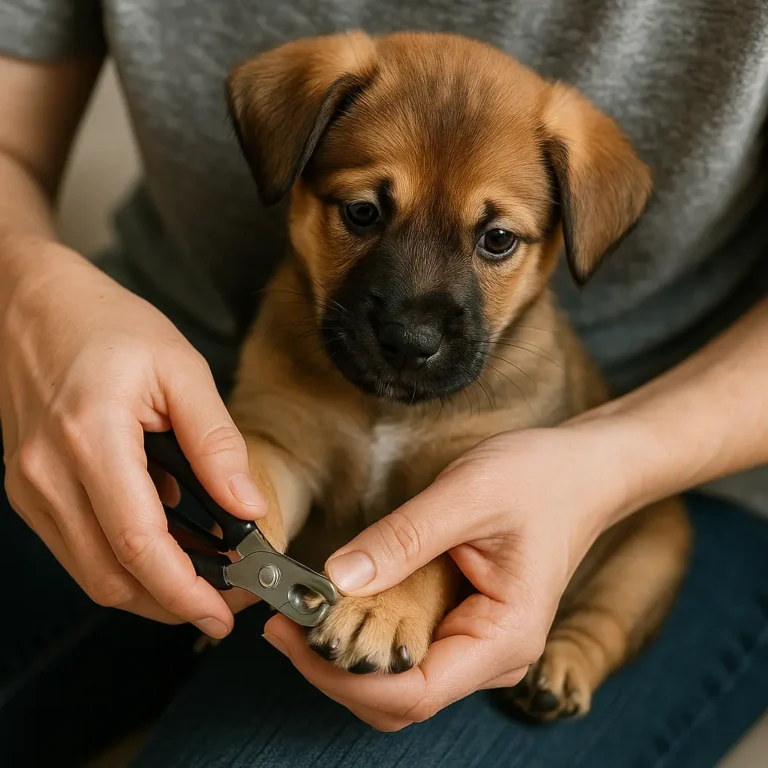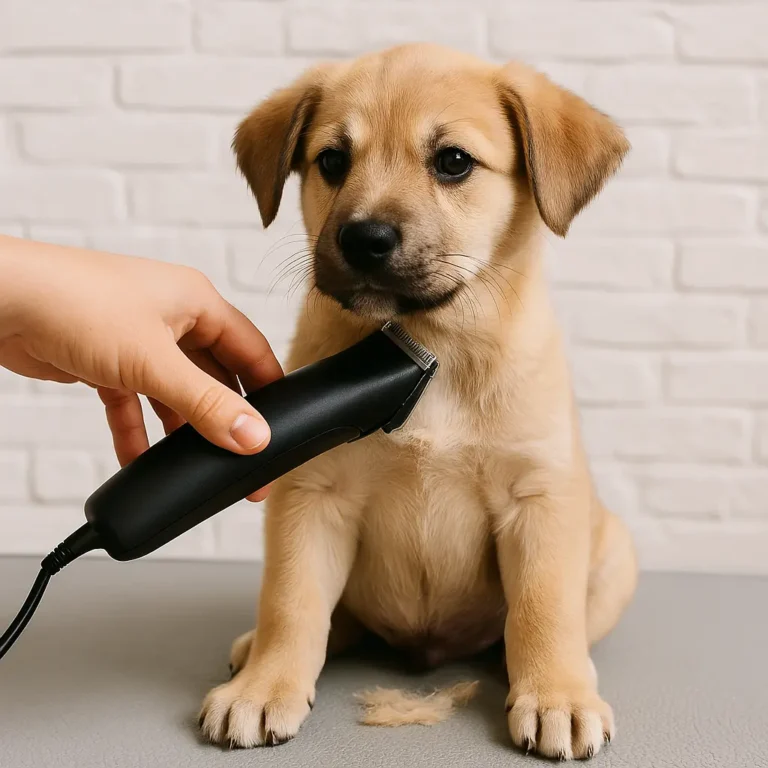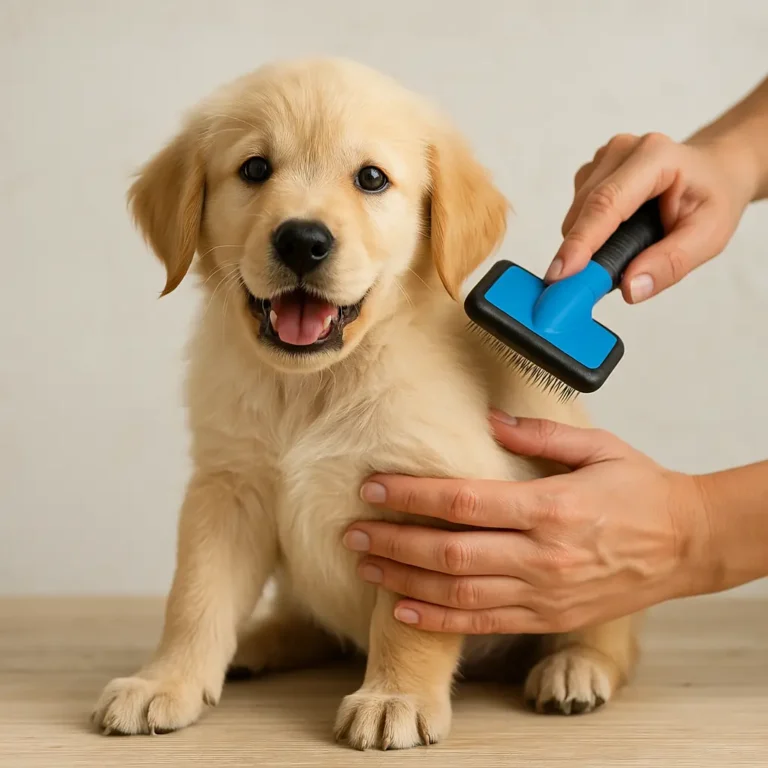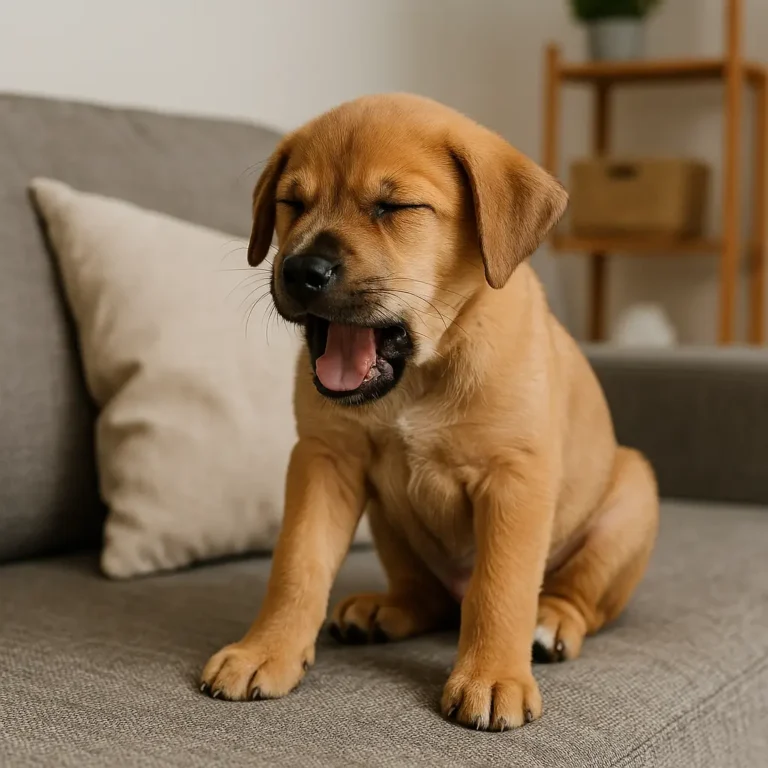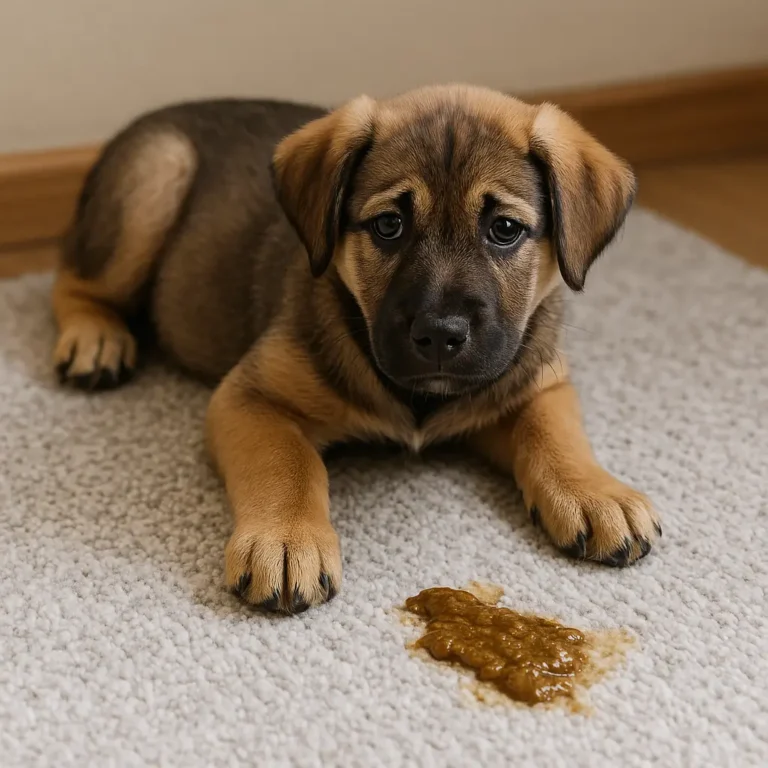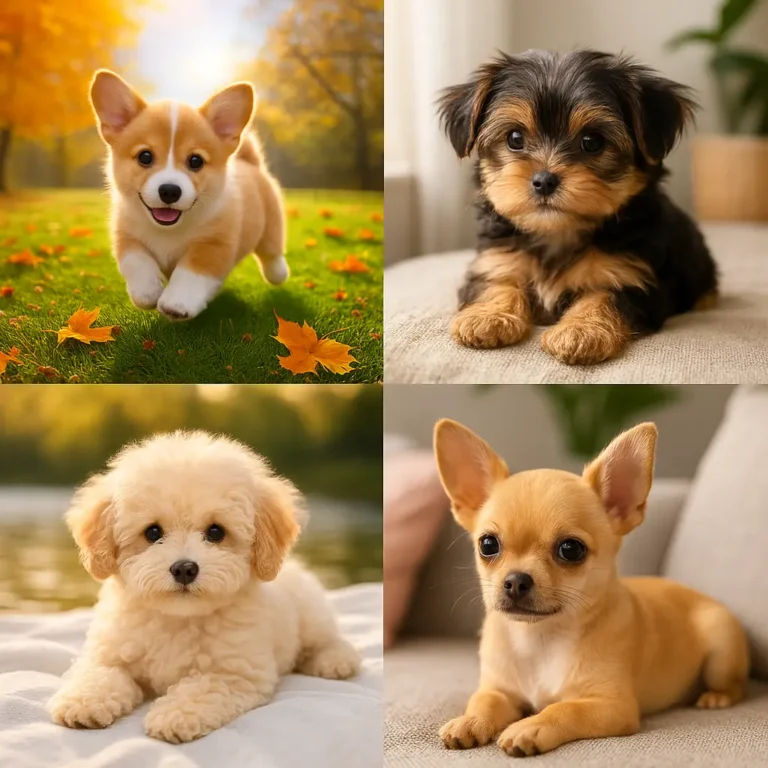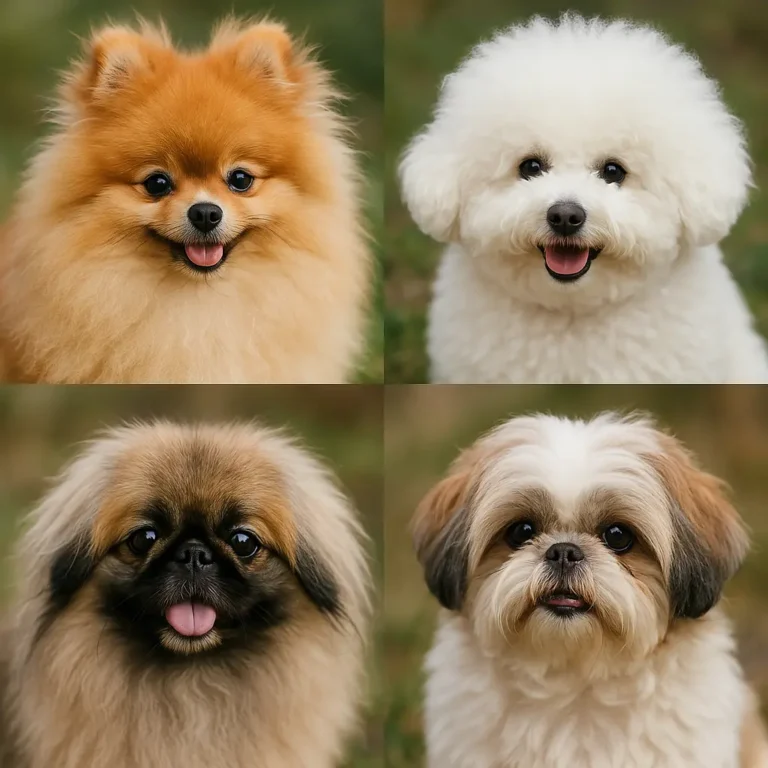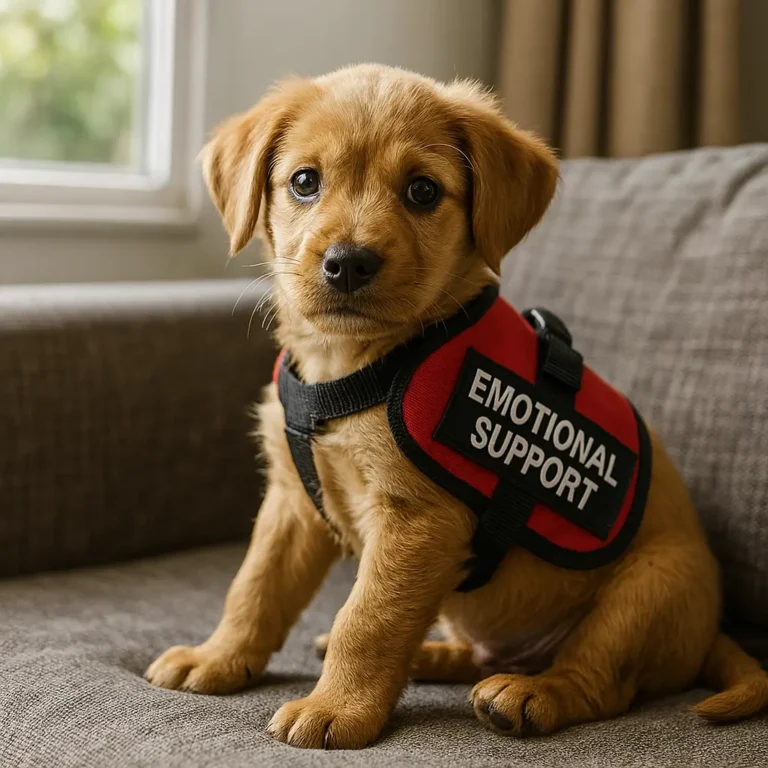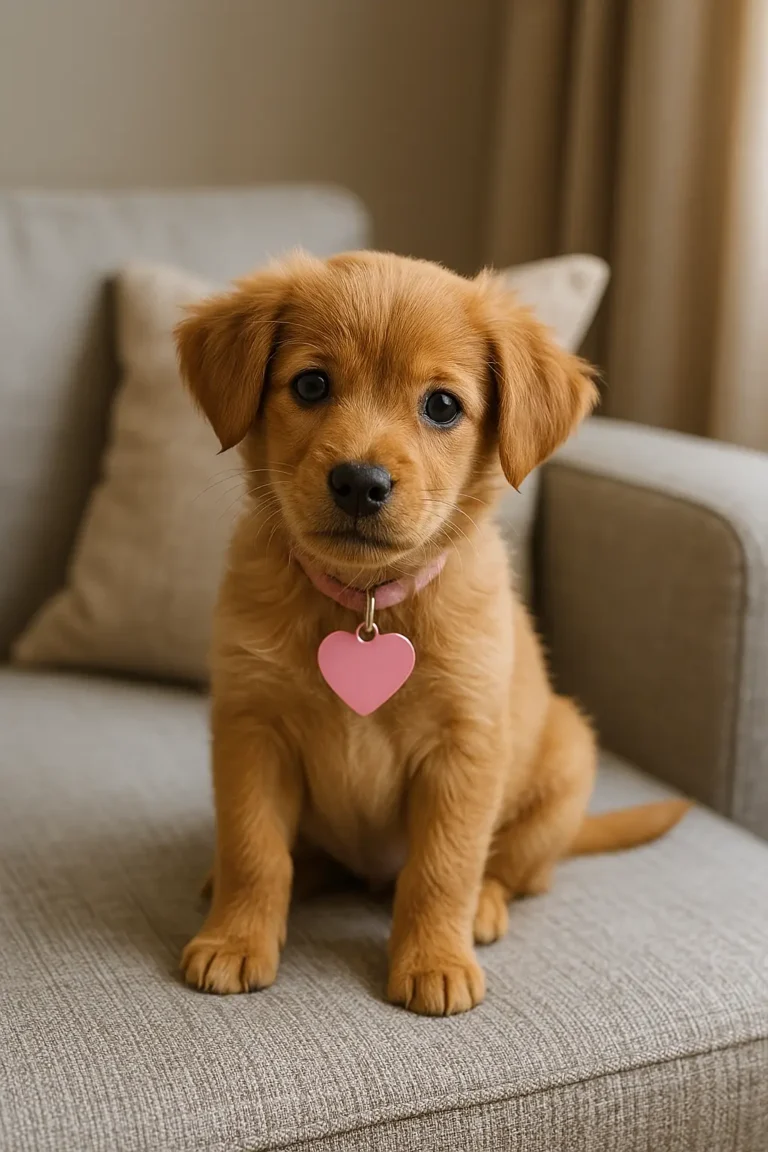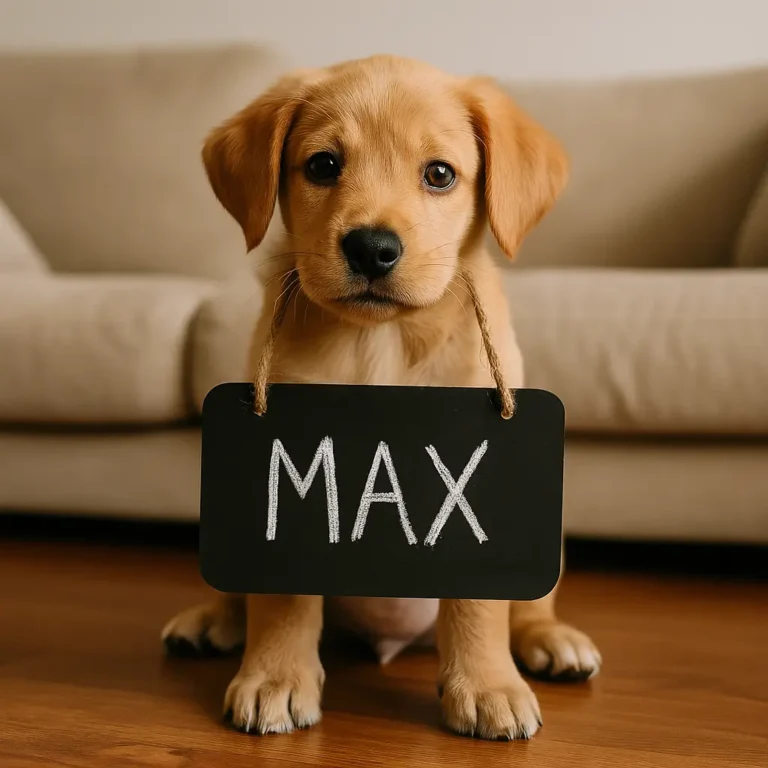The Miniature Siberian Husky is a wonderful dog for active individuals and families looking for a smaller version of the classic Siberian Husky. They are friendly, playful, and highly energetic, requiring regular exercise to stay happy and healthy. Despite their small size, they maintain the strength and stamina of their larger relatives, making them an excellent companion for those who enjoy outdoor activities. However, their stubbornness and high grooming needs require an experienced owner who can provide consistent care. If you’re prepared for an active and affectionate companion, the Miniature Siberian Husky may be the perfect dog for you. Our ‘what dog am I quiz‘ matches you with a breed based on your superpower wish!
Miniature Siberian Husky
Everything You Need to Know About the Miniature Siberian Husky
The Miniature Siberian Husky is a smaller version of the beloved Siberian Husky. Known for their striking wolf-like appearance, these dogs maintain the same spirited personality but come in a more manageable size. Their compact size doesn’t mean they lack energy, however; these type of dogs are as playful and lively as their larger counterparts. Despite their size, they require just as much attention, exercise, and socialization. With their fluffy coats, bright eyes, and friendly demeanor, the Miniature Siberian Husky makes an excellent family companion, as long as they’re provided with plenty of space to run and play. They have a lot of the same traits as full-sized Huskies, including intelligence, independence, and loyalty. However, this Siberian Husky variation smaller size means they’re easier to handle for those living in apartments or homes with less space. Let’s dive into the details of this adorable breed!

What’s It Like to Own a Miniature Siberian Husky Puppy?
Miniature Siberian Husky puppies are irresistibly cute and full of energy. As small bundles of joy, they are playful and curious, needing proper care and attention from an early age. These puppies require lots of socialization to ensure they grow into well-rounded adults. Miniature Siberian Husky puppies are also very intelligent, so early training with positive reinforcement is crucial. While they may be smaller than the standard Husky, they still have high energy levels and require daily exercise to keep them happy. With the right environment, training, and care, they grow into loving companions.
Breed Traits
The Miniature Siberian Husky is a compact, energetic dog with a wolf-like appearance. They have a thick, double coat, bright eyes, and an active, friendly personality, perfect for smaller living spaces.
The Miniature Siberian Husky typically lives between 12 to 15 years. With a balanced diet, regular exercise, and routine vet check-ups, they can lead a long, healthy, and active life.
The Miniature Siberian Husky stands between 12 to 16 inches tall at the shoulder. Despite their smaller size, they retain the athletic, muscular build and wolf-like appearance of their larger relatives.
The Miniature Siberian Husky weighs between 20 to 35 pounds, which is significantly lighter than their full-sized counterpart. Their compact size and lean muscles make them agile and energetic.
The Miniature Siberian Husky thrives in homes with a yard, but they can adapt to apartments if they get daily exercise. These dogs need a cool environment and space to run and explore.
Breed Characteristics
The Miniature Siberian Husky has a thick double coat, bright eyes, and a wolf-like appearance. They are friendly, energetic, intelligent, and social, making them great companions for active families.
The Miniature Siberian Husky is affectionate and friendly, making them great family pets. They are playful with children, loyal to their families, and get along well with other dogs when properly socialized.
The Miniature Siberian Husky features a stunning, wolf-like appearance, with a thick double coat that can come in various colors. They have pointed ears, bright eyes, and a fluffy tail, making them stand out.
The Miniature Siberian Husky is very social and enjoys being part of family activities. They get along well with other pets and children, but early socialization is key to ensuring positive behavior.
The Miniature Siberian Husky has a friendly, energetic, and playful personality. They are intelligent, loyal, and independent, requiring consistent training and ample exercise to stay happy and well-behaved.
Tips for Training a Miniature Siberian Husky
Training a Miniature Siberian Husky requires patience and consistency. These dogs are highly intelligent but can be independent and stubborn, so positive reinforcement works best. Start training early with basic commands like “sit,” “stay,” and “come.” Huskies, including the miniature variety, tend to be escape artists, so it’s essential to teach them proper leash walking and boundary respect. Socialization is critical to help them get along with other pets and people. Engaging activities like agility training, puzzle toys, and interactive play are great ways to keep their minds active. Regular exercise and structured training sessions are key.
Miniature Siberian Husky History & Facts
The Miniature Siberian Husky was developed to be a smaller version of the Siberian Husky, which was originally bred by the Chukchi people of Siberia. Huskies were used to pull sleds across long distances in harsh conditions, prized for their strength and stamina. While the Miniature Siberian Husky is a relatively new variation, it shares the same history as the full-sized Husky, known for its intelligence, endurance, and friendly personality. The miniature version became popular due to its compact size, making it more adaptable for families in smaller living spaces, while still retaining the charm and traits of the original breed.
Husky Dog Popular Mix Breeds: Popular Husky Mixes to Consider
The Miniature Siberian Husky is often mixed with other breeds to create unique and charming hybrids. A popular mix is the Miniature Siberian Husky and Alaskan Malamute, resulting in a smaller yet sturdy and energetic dog. Another popular mix is the Miniature Siberian Husky and Pomeranian, which brings out an even more compact dog with a fluffy coat and spirited personality. Additionally, the Miniature Siberian Husky and Labrador Retriever mix combines the Husky’s playfulness with the Lab’s friendly temperament, making it an excellent choice for active families. These mixes retain the Husky’s striking features while offering distinct characteristics from their parent breeds.
Food Requirements for a Miniature Siberian Husky
Miniature Siberian Huskies have moderate food needs, similar to their larger counterparts. A high-quality dog food rich in protein and fat is essential for their active lifestyle. It’s recommended to provide them with meals that are rich in meat, vegetables, and high-quality grains to support their energy needs and overall health. Proper portion control is important to avoid obesity, as they love food and can easily overeat. Make sure to feed them twice a day to maintain a healthy weight and avoid bloat.
Breed Behavior of the Miniature Siberian Husky
Miniature Siberian Huskies are friendly, playful, and energetic dogs. They enjoy being part of family activities and can adapt to various living situations. However, they do require early socialization and consistent training to prevent behavioral issues. They have a strong prey drive and enjoy running and playing outdoors, which helps them release their excess energy.
Alertness
Miniature Siberian Huskies are highly alert and will keep an eye on their surroundings. Their keen senses make them excellent watchdogs. While they may not be aggressive, they will certainly alert you to any unusual activity.
Protectiveness
Although friendly, Miniature Siberian Huskies are protective of their family and home. They will instinctively try to protect their loved ones, especially from unfamiliar people or situations. However, they are not overly aggressive and can be trained to manage their protective instincts.
Prey drive
The Miniature Siberian Husky has a high prey drive. Like many huskies, they were bred to pull sleds and have a natural instinct to chase smaller animals. They may attempt to chase squirrels, rabbits, and even small household pets if not properly trained.
Aggressiveness
Miniature Siberian Huskies are generally friendly and not aggressive by nature. They are more likely to engage in playful behavior rather than show signs of aggression. However, early socialization is necessary to ensure they are comfortable around other animals and people.
Barking level
Miniature Siberian Huskies tend to be vocal, and barking is part of their communication style. While they aren’t typically excessive barkers, they do bark when excited or to alert you to something unfamiliar. They may also vocalize through whining or howling.
Trainability
Miniature Siberian Huskies can be a challenge to train due to their independent nature. They are intelligent but may not always be eager to please. Consistent training with positive reinforcement methods will yield the best results. Patience and persistence are key.
Mental stimulation needs
Mental stimulation is crucial for Miniature Siberian Huskies. Without enough challenges, they may become bored and engage in destructive behavior. Puzzle toys, interactive games, and regular training sessions can keep them mentally engaged and content.
Intelligence
Miniature Siberian Huskies are intelligent dogs, though they can sometimes be independent and strong-willed. They are quick learners but may need consistent motivation to stay focused. Their intelligence allows them to excel in activities like obedience, agility, and tricks when properly trained.
Miniature Siberian Husky Crosses and Popular Mix Breeds
Miniature Siberian Huskies are a compact version of the classic Siberian Husky, retaining their wolf-like looks, vibrant personality, and boundless energy in a smaller, more manageable size. These little fluffballs often weigh under 35 pounds but still showcase that iconic thick coat, blue or heterochromia eyes, and playful spirit.
Some unique mixes highlight the miniature appeal even more. The Corgi X Husky mix (Corgi Husky Mix), also known as the Horgi, blends the Husky’s face with a Corgi’s short stature, making a loyal and fun-sized companion. Another rare hybrid is the Coyote X Husky mix (Coyote Husky Mix), which combines wild instincts with domestic traits.
For stronger personalities, there’s the Pitbull X Husky (Pitbull Husky Mix) and the Pitbull X German Shepherd X Husky mix (Pitbull German Shepherd Husky Mix)—robust, intelligent, and fiercely devoted companions.
Grooming the Miniature Siberian Husky: Essential Care Tips
Grooming the Miniature Siberian Husky is essential to keep their coat healthy. Their thick double coat sheds year-round, especially during shedding seasons. Regular brushing, at least three times a week, is needed to remove dead hair and prevent mats. Bathing should be done as needed, typically every few months or after outdoor activities. Keep their nails trimmed and their ears clean to prevent infections. Regular grooming helps maintain their appearance and ensures they stay comfortable.
Health: Common Health Issues in Miniature Siberian Huskies
The Miniature Siberian Husky is generally a healthy breed, but like all dogs, they can be prone to certain health issues. Some common health concerns include:
Hip Dysplasia: A condition affecting the hip joints, leading to arthritis.
Progressive Retinal Atrophy (PRA): A genetic condition that causes gradual vision loss.
Hypothyroidism: Low thyroid function that can cause lethargy, weight gain, and skin issues.
Cataracts: Clouding of the eye lens that affects vision.
Regular veterinary check-ups are essential to identify and manage these conditions. Miniature Huskies are relatively robust dogs, but maintaining a healthy lifestyle through proper nutrition and exercise will go a long way in preventing common health problems.
Dog Breed Size: A Compact Version of the Siberian Husky
The Miniature Siberian Husky is a compact and smaller version of the standard Siberian Husky. Typically, they stand between 12-16 inches at the shoulder and weigh around 20-35 pounds. Despite their small size, they retain much of the strength, stamina, and endurance of their larger relatives. These dogs are still highly athletic and energetic, making them perfect for active owners who want the Husky’s characteristics but in a more manageable size. Though small, the Miniature Husky still requires a high level of exercise to maintain a healthy and happy lifestyle.
Miniature Siberian Husky faq
How big does a Miniature Siberian Husky get?
A Miniature Siberian Husky typically stands 12-16 inches tall at the shoulder and weighs 20-35 pounds, making them a smaller version of the standard Siberian Husky.
Are Miniature Siberian Huskies good with children?
Yes, Miniature Siberian Huskies are great with children. They are friendly, playful, and affectionate, making them wonderful family pets when properly socialized.
Do Miniature Siberian Huskies shed a lot?
Yes, Miniature Siberian Huskies shed seasonally. Regular grooming 2-3 times a week is necessary to manage their thick coat and reduce shedding during shedding seasons.
How much exercise does a Miniature Siberian Husky need?
A Miniature Siberian Husky requires 1-2 hours of exercise per day, including walking, running, and play. These active dogs need physical stimulation to stay happy.
Are Miniature Siberian Huskies easy to train?
Miniature Siberian Huskies are independent and can be a bit stubborn, so training requires consistency and positive reinforcement. Early socialization is key to raising a well-behaved dog.
Do Miniature Siberian Huskies drool a lot?
No, Miniature Siberian Huskies do not drool excessively. They are generally clean dogs, with minimal drooling except when excited or anticipating food.
What health problems do Miniature Siberian Huskies have?
Miniature Siberian Huskies are prone to hip dysplasia, progressive retinal atrophy (PRA), and hypothyroidism. Regular vet visits help manage these health concerns.
How often should I groom my Miniature Siberian Husky?
Miniature Siberian Huskies require 2-3 grooming sessions per week, especially during shedding seasons. Regular brushing helps maintain their coat and keeps them looking their best.
Dog Life: Enjoying Life with a Miniature Siberian Husky
The Miniature Siberian Husky is a fun and energetic companion. They thrive on regular exercise, including long walks and outdoor adventures. Despite their smaller size, they need plenty of mental and physical stimulation. With their playful and affectionate nature, these dogs make excellent companions for active individuals or families. They are social, friendly, and enjoy being part of family activities. With proper training, they are well-behaved, though their independent nature means they need an experienced owner who can provide consistent leadership. Overall, they are loving, loyal dogs that are sure to bring joy to their families.

